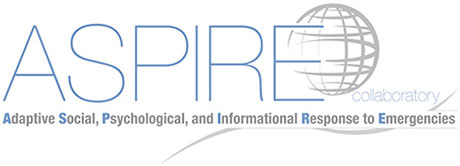Our mission at ASPIRE is to advance science and technology needed to effectively understand, predict, and respond to evolving emergencies by leveraging integrative research on the interaction of social, psychological, informational, and economic processes
About
The current focus of the ASPIRE Collaboratory is predictive intelligence for pandemic prevention. The recent COVID-19 pandemic illustrates the central role of human decision making and behavior in the spread of such a transmissible disease. People’s decisions regarding social isolation, social distancing, mask wearing, hand washing, and vaccination vary in complex ways. People have different individual mindsets, and these can vary across different regions and subgroups, so different groups of people respond differently to messaging and mandates and those responses change over time. There is also an ongoing scientific debate about the degree to which pandemic information or the perceived credibility of information sources influences the degree to which people change their behavior. ASPIRE aims to address a Grand Challenge: To support improved pandemic intelligence, prediction, explanation, and countermeasures, the fundamental interdependent evolution of infection, behavior, and information needs to be rigorously understood at multiple levels drawing upon multiple disciplines. An interdisciplinary science of computational theories and models needs to address the mutually adaptive dynamics of information flows, human behavior, and the transmission and evolution of pathogens.
People

Peter Pirolli
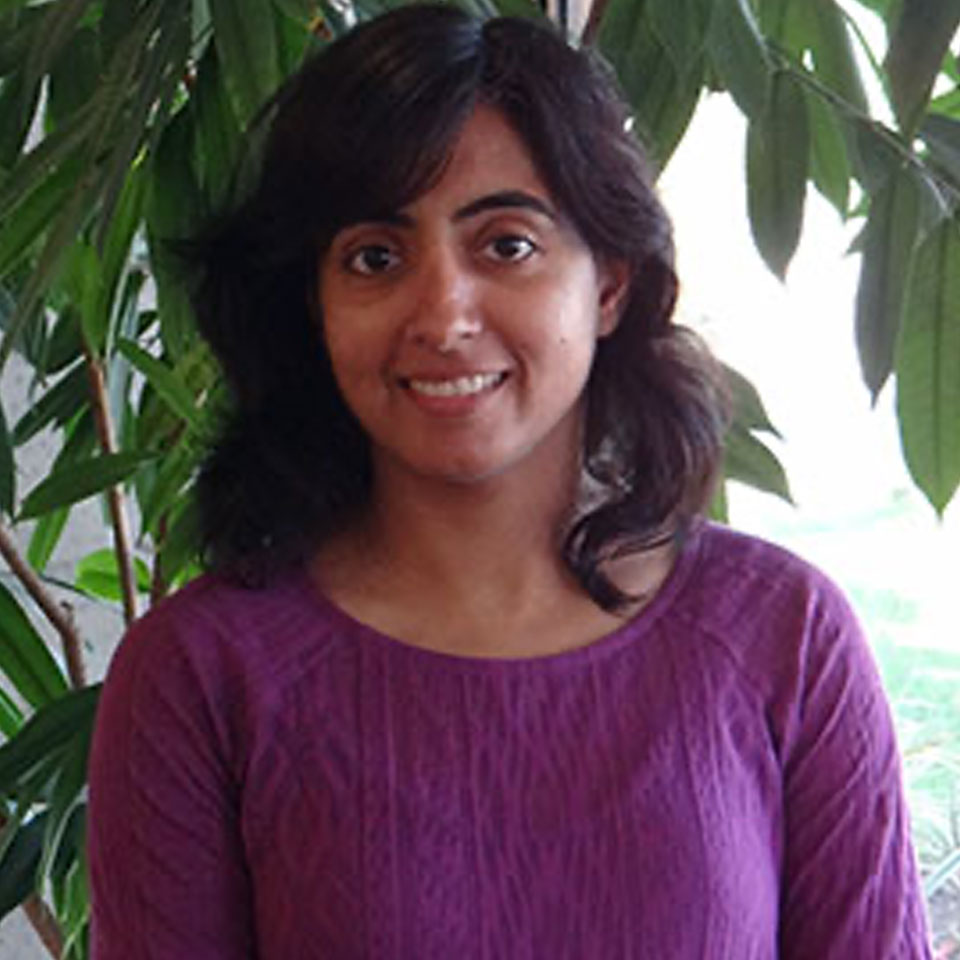
Archna Bhatia
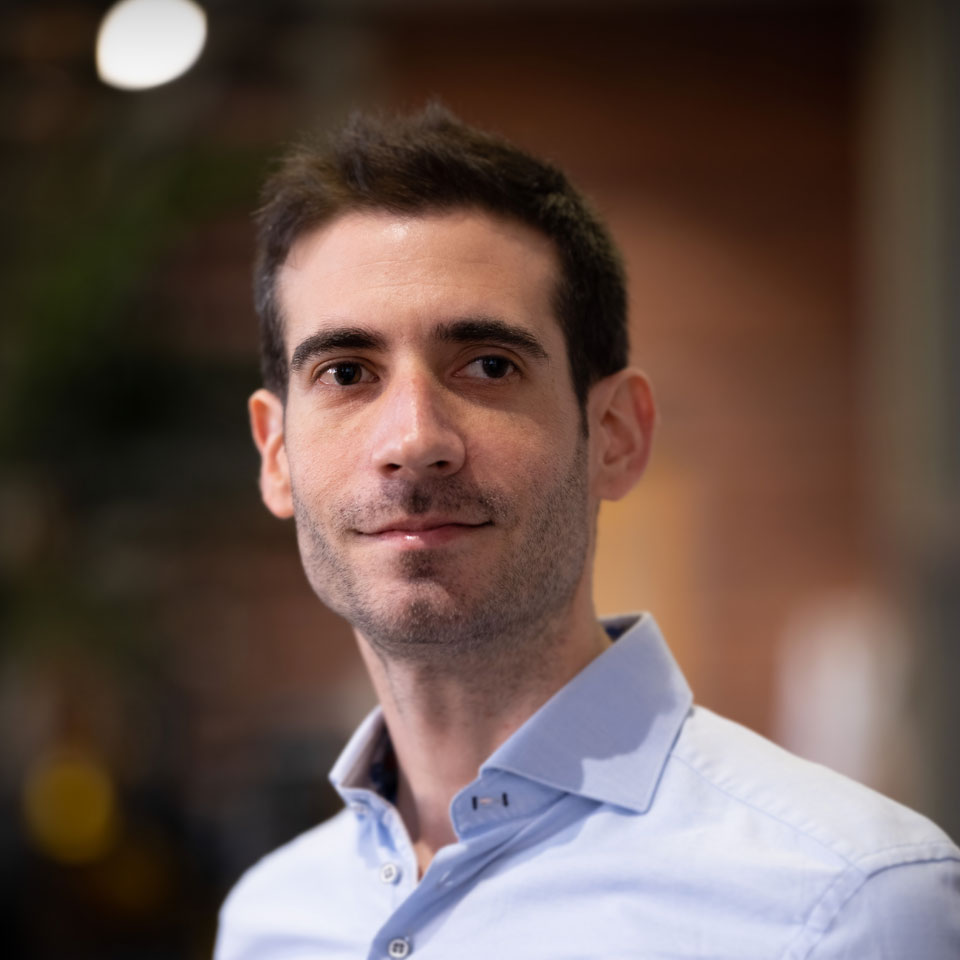
Konstantinos Mitsopoulos
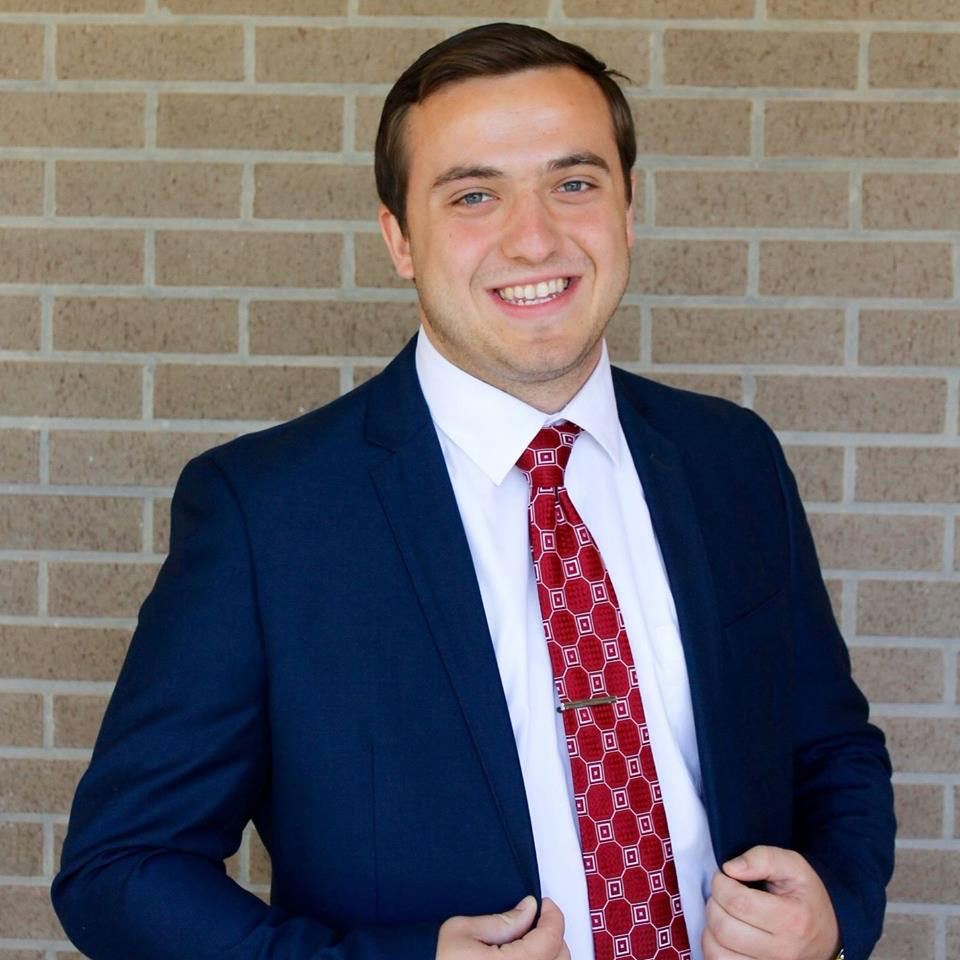
Brody Mather
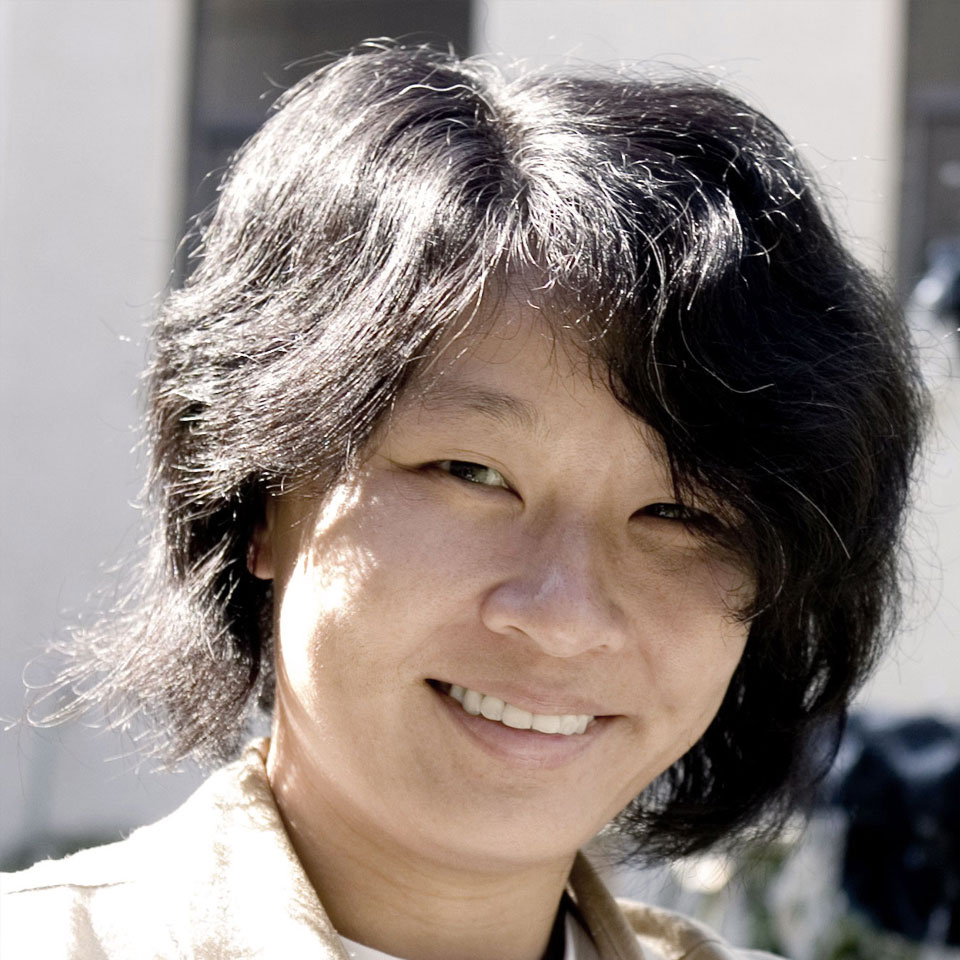
Choh Man Teng

Kathleen M. Carley

Christian Lebiere

